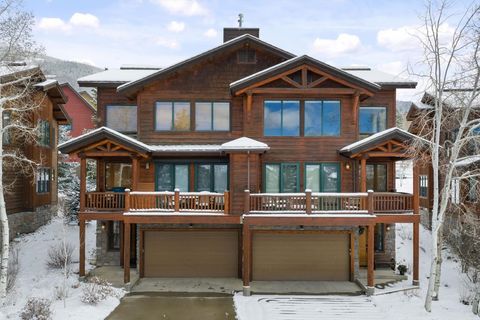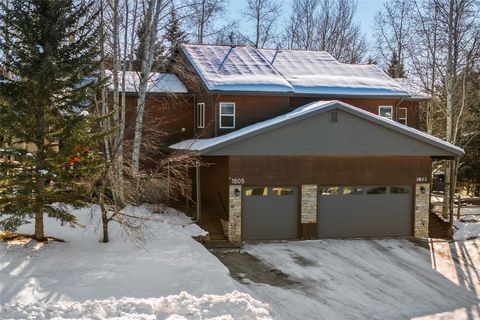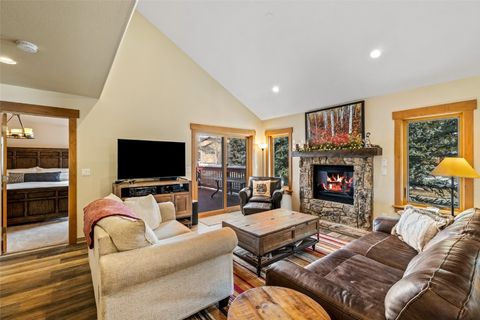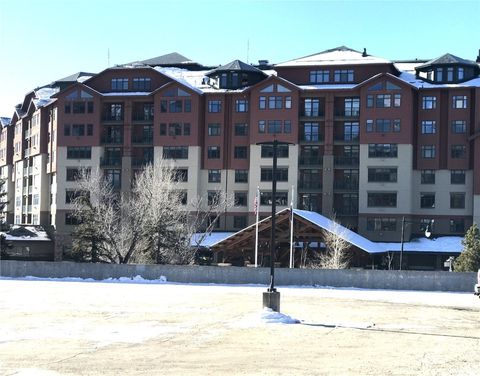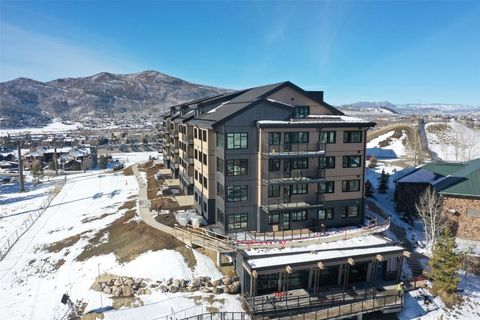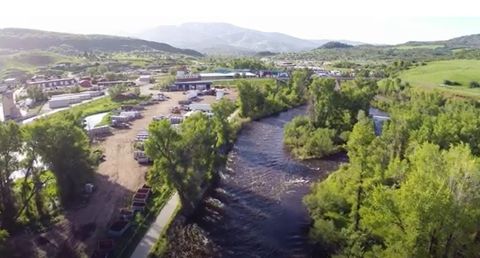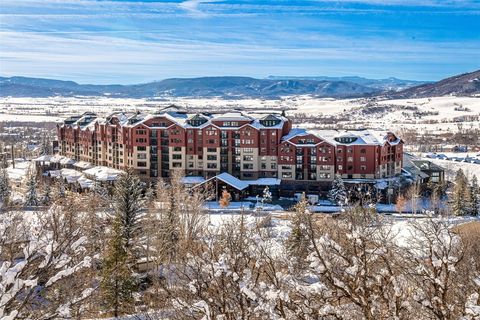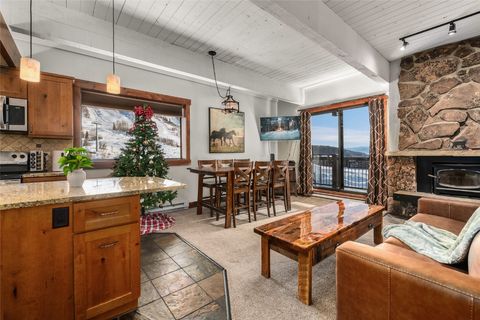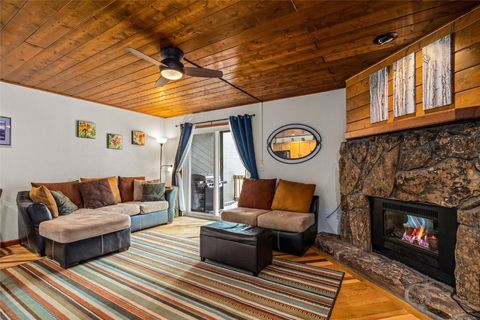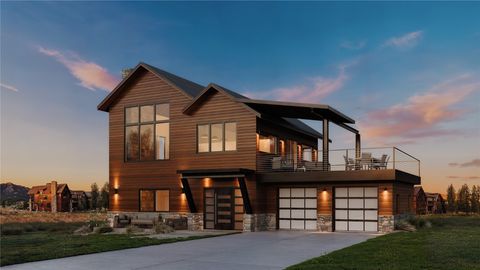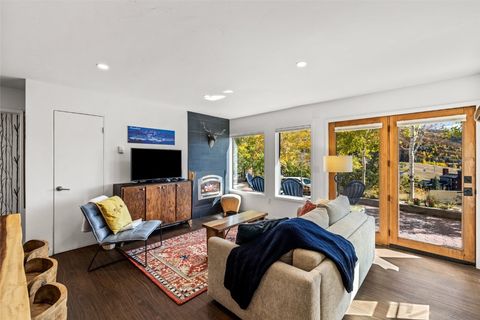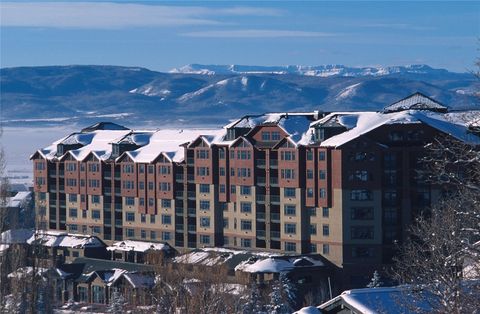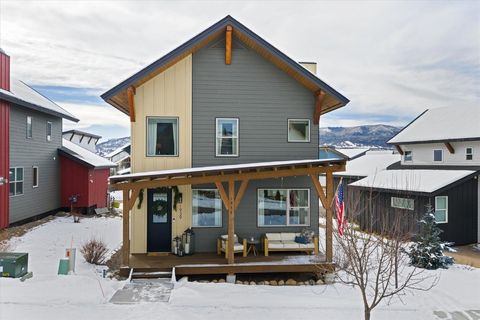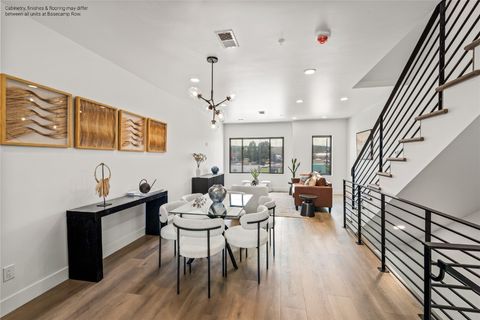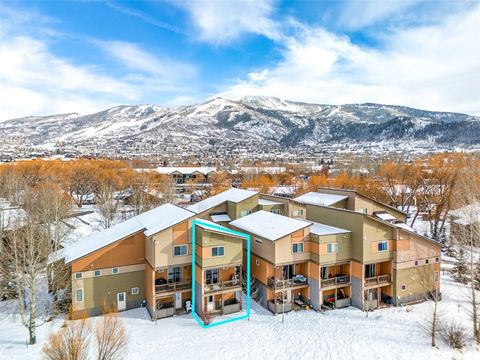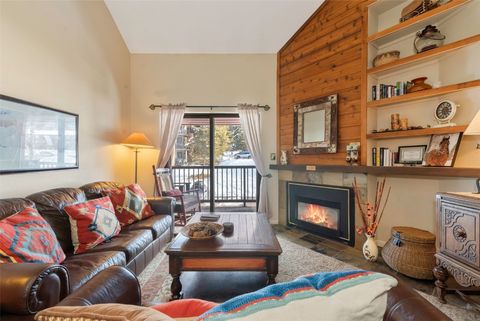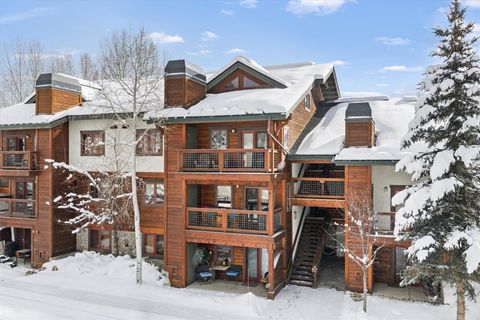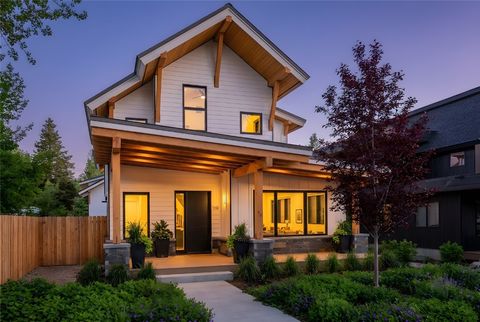Wednesday, January 13, 2010
The Earth Advantage Institute, a non-profit that certifies sustainable homes, identified these green-building trends, based on its relationships with builders, architects, real estate practitioners, and lenders.
Smart grid and connected homes. The development of custom and Web-based display panels that show real-time home energy use, broken out by individual appliance will increasingly drive consumer behavior.
Energy labeling for homes and office buildings. Accurate energy rating systems for homes and office spaces will make it easier for home owners and buyers to compare and could galvanize owners to make needed energy improvements.
Building information modeling software. The increasing sophistication and lowered cost of CAD software with more accurate algorithms for energy modeling will encourage greater use.
Financial community buy-in to green building. Lenders and insurers will get behind green building because it’s good for their bottom lines.
“Rightsizing” of homes. A larger home no longer translates into greater equity.
Eco-districts. The creation of walkable, low-impact communities in the suburban setting is gaining steam.
Water conservation. The Environmental Protection Agency finalized the voluntary WaterSense specification for new homes in December of 2009, which reduces water use by about 20 percent compared to a conventional new home. Water will be the essential resource in the next decade.
Carbon Calculation. With buildings contributing roughly half the carbon emissions in the environment, the progressive elements in the building industry are looking at ways to document, measure, and reduce greenhouse gas creation in building materials and processes. This effort will be heightened once a federal cap-and-trade mechanism is launched in this country.
Net Zero Buildings. A net zero building is a building that generates more energy than it uses over the course of a year, as a result of relatively small size, extreme efficiencies and onsite renewable energy sources. We are close to being able to do this routinely.
Sustainable building education. This will create opportunities for professionals involved in the building industry, from real estate to finance and insurance.
Source: Earth Advantage Institute (01/08/2010)



